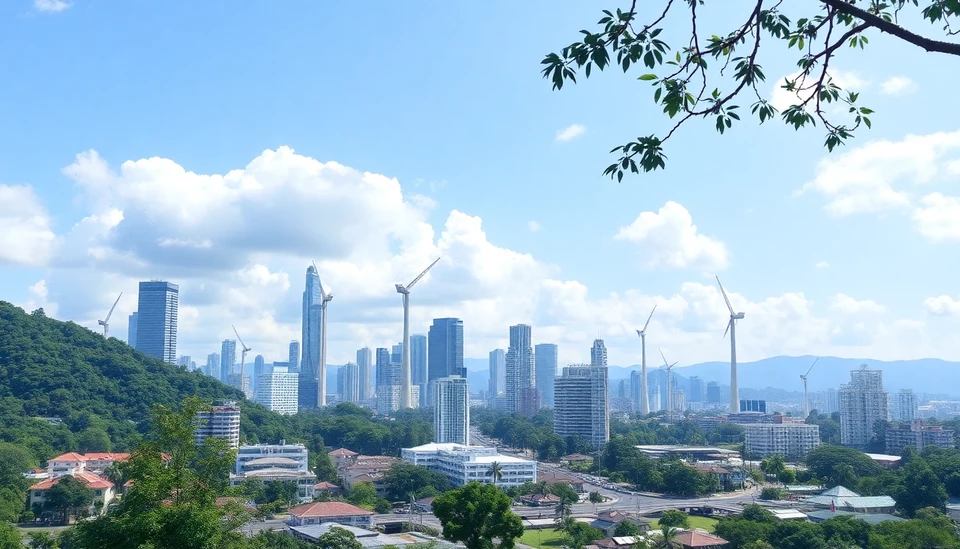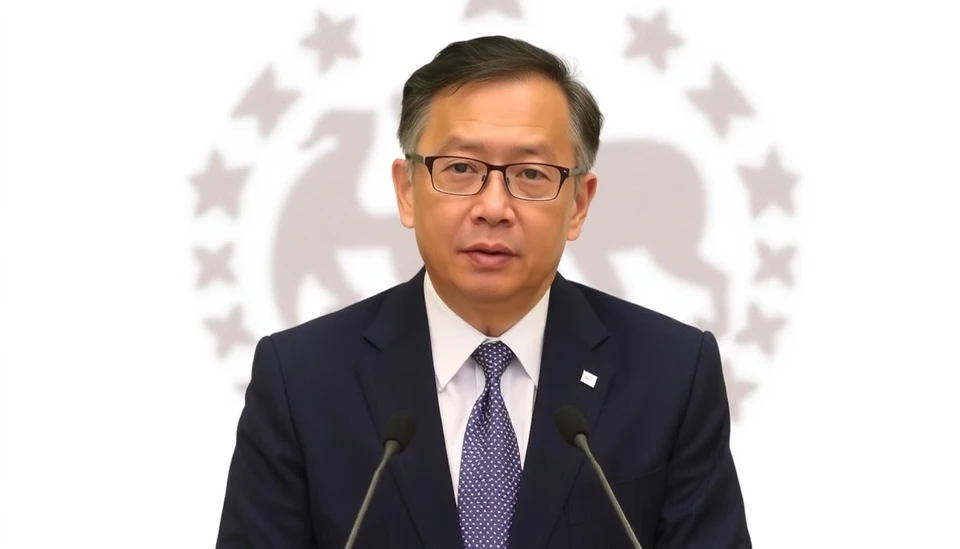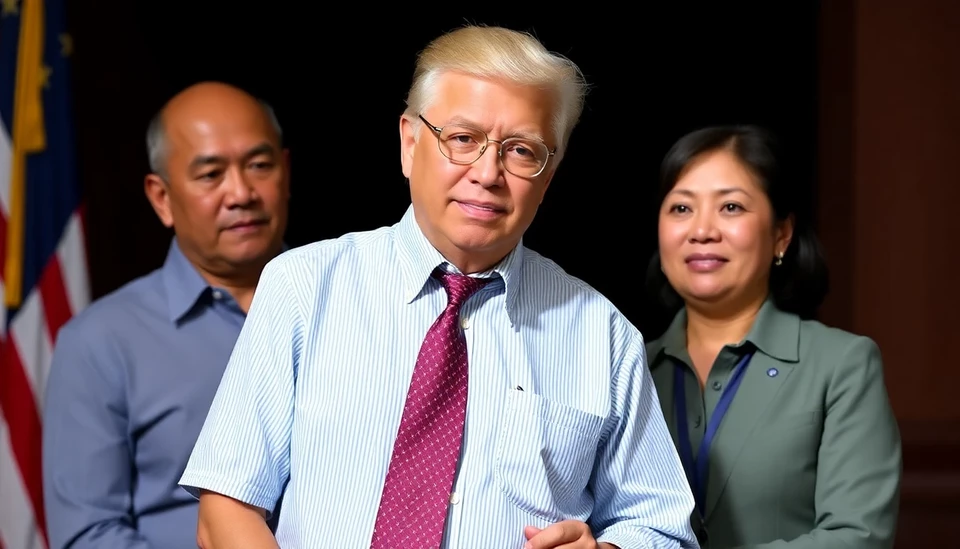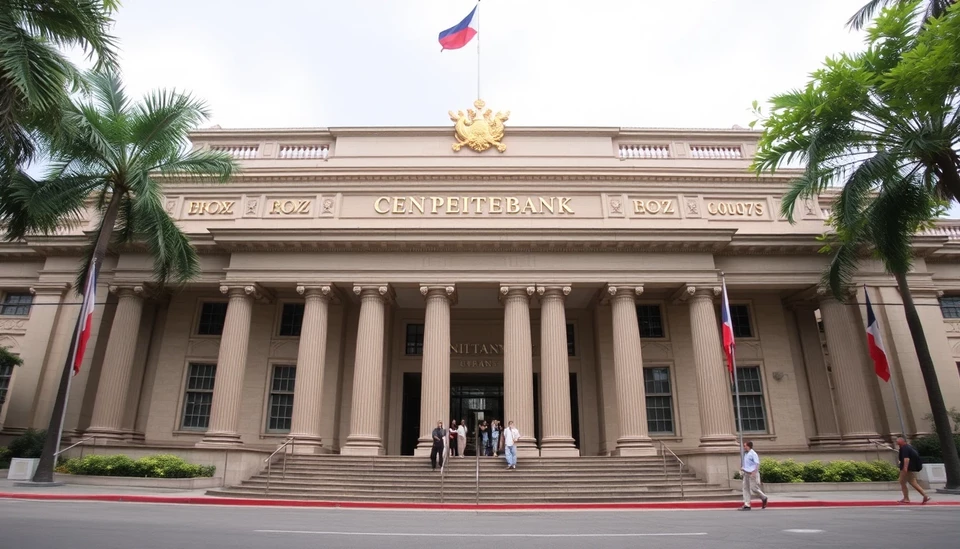
The Philippines has officially resumed processing applications for new green energy projects, marking a significant shift in government policy aimed at bolstering the country’s renewable energy sector. This decision, celebrated by stakeholders and environmental advocates alike, comes at a critical juncture as the nation seeks to enhance its energy security while addressing environmental concerns.
Citing a growing urgency to increase clean energy sources, the Department of Energy (DOE) has expedited the evaluation and processing of pending applications. Over the past months, numerous proposals for wind, solar, and other renewable projects had been on hold due to previous regulatory uncertainties. With this new directive, the government aims not only to attract investment but also to facilitate a sustainable energy future that aligns with global standards.
This move is part of the Philippines' broader ambition to meet its renewable energy target of 35% by 2030 and 50% by 2040. Energy Secretary Raphael P.M. Lotilla emphasized the administration's commitment to creating an enabling environment for investment in renewable energy by simplifying procedures and expediting approvals. “We are opening the floodgates for these projects and taking significant steps to ensure that we can harness the Philippines' abundant natural resources,” he stated during a recent press briefing.
The resumption of project processing is expected to encourage local and foreign investors to engage in the development of new energy ventures. According to industry analysts, the Philippines has the potential to become a leader in renewable energy in the Asia Pacific region due to its rich solar and wind resources. Key players in the energy sector have expressed optimism, stating that this development could catalyze a wave of innovation and job creation across the nation.
However, concerns remain about the logistical challenges and the implementation of these projects. It will be critical for the government to ensure that infrastructure development keeps pace with project approvals to avoid bottlenecks. Furthermore, balancing environmental and community interests will be essential as new projects are rolled out.
The Philippine government’s renewed focus on green energy is also aligned with its commitments under international climate agreements, pushing for lower carbon emissions and a shift away from fossil fuels. This initiative not only aims to curb the country’s carbon footprint but also to enhance resilience against the impacts of climate change.
As the nation gears up for this energy transition, stakeholders are eagerly anticipating the new wave of projects, which they believe will play a pivotal role in the Philippines' socio-economic development and energy independence. The focus on renewable energy not only promises to provide sustainable power sources but also aims to create a healthier environment for future generations.
In summary, the Philippines’ decision to resume processing new green energy projects signals a hopeful shift towards a more sustainable and economically viable future. As the nation embraces this path, all eyes will be on how effectively these initiatives translate into action and tangible benefits for the local population and the environment in the coming years.
#Philippines #GreenEnergy #RenewableEnergy #SustainableDevelopment #EnergyPolicy #ClimateAction
Author: Sophie Bennett




